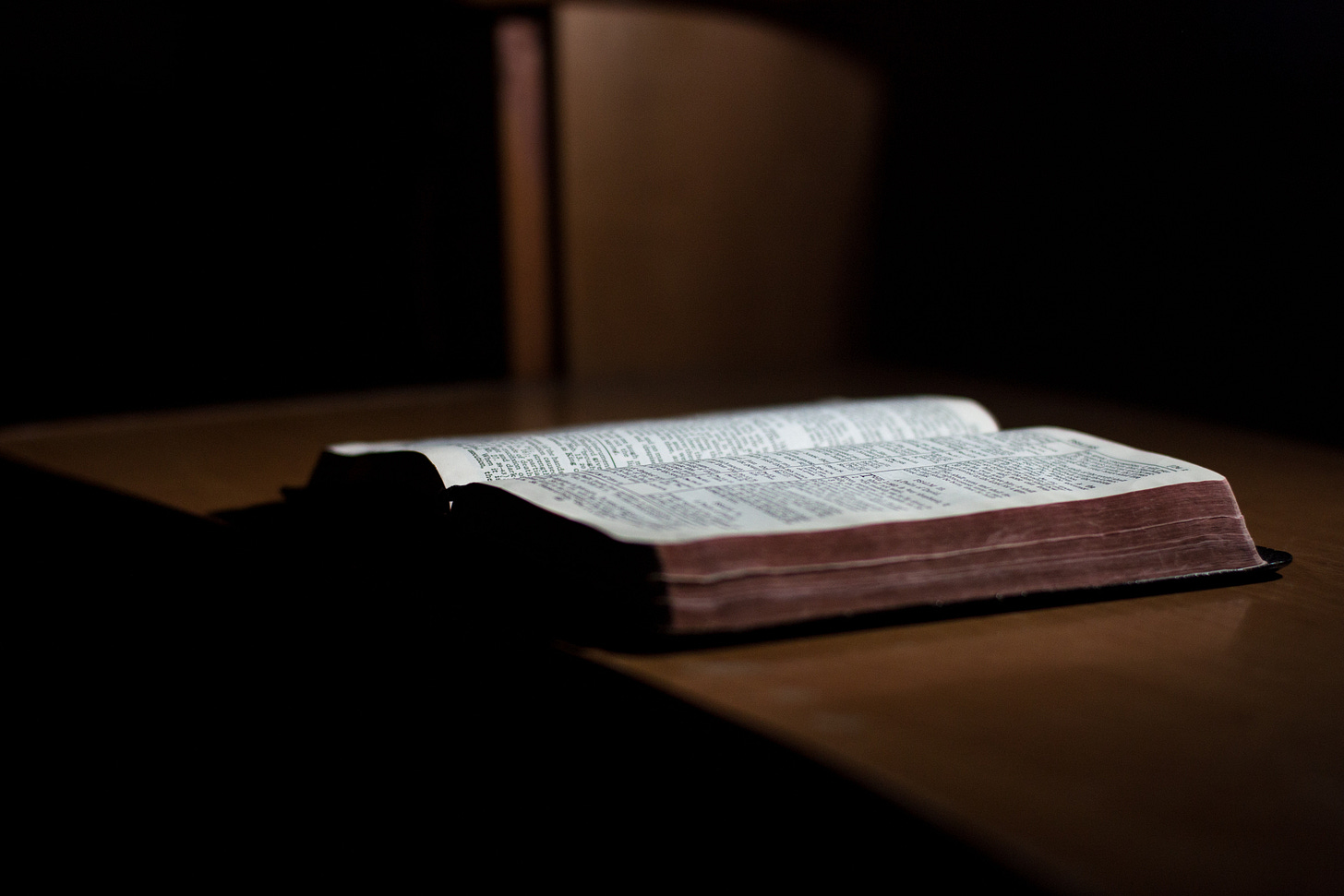The Public Reading of Scripture vs. "Dumb Readings"
The Puritans on the Importance of Expounding What is (Publicly) Read
My denomination, the Presbyterian Church in America (PCA), has given increasing attention to the public reading of Scripture. I have written an article on the subject, but see also a different perspective from Rev. Christopher Hutchinson here, along with a reply to Rev. Hutchinson’s article from Rev. Matthew Adams here.
In the midst of this debate, I came across an interesting passage from Hughes Oliphant Old on how the Puritans handled the public reading of Scripture:
The Puritans became more and more critical of “dumb reading,” of the simple reading of a Gospel or Epistle from the lectionary without comment. They no doubt felt they could do that at home. When the Puritans were able to shape the service of worship, the practice grew up of reading a chapter of the Old Testament and a chapter of the New Testament and commenting on the readings as they were read. Later in the service there was a sermon on a text drawn from still another portion of Scripture. It was not that the Puritans saw little value in simply reading the Scriptures. This was one of the distinctions between family worship and the worship of the congregation. At family worship the reading of the Scripture lesson was not supposed to be explained or commented upon. That was the responsibility of the minister of the Word. When the congregation was assembled and a minister of the Word was available, then they expected more than the simple reading of the lesson.1
I find two points from this paragraph especially interesting.
First, the Puritan view elevates the function of the public reading of Scripture above private or family readings of Scripture because they expected that the minister would give an explanation of the Scripture passage that was read. The PCA’s Book of Church Order (BCO) explicitly affirms this practice:
How large a portion shall be read at once is left to the discretion of every minister; and he may, when he thinks it expedient, expound any part of what is read; always having regard to the time, that neither reading, singing, praying, preaching, nor any other ordinance, be disproportionate the one to the other; nor the whole rendered too short, or too tedious. (BCO 50-4)
The practice of the Puritans seems to suggest, however, that expounding what is read should be the rule rather than the exception.
Second, this passage from Old helps to explain part of the reason that the Puritans so completely understood that only pastors/teachers could read the word publicly (Westminster Larger Catechism (1647), #156; Westminster Directory for Publick Worship (1645), “Of the Public Reading of the Holy Scriptures”; Form of Presbyterial Church-Government (1645), “Pastors”). Specifically, they expected their pastors to expound what was being read.
Thus, the act of publicly reading Scripture was more closely tied to preaching and teaching than we might initially think. Indeed Paul speaks of these three acts seamlessly in 1 Timothy 4:13: “Until I come, devote yourself to the public reading of Scripture, to exhortation, to teaching.” Then, in the very next verse, he ties those functions to ordination: “Do not neglect the gift you have, which was given you by prophecy when the council of elders laid their hands on you” (1 Tim. 4:14).
While the Holy Spirit can speak immediately through the Word of God, the Puritan practice of expounding what is read also seems to be the good and necessary consequence of the question of the Ethiopian eunuch: “How can I [understand what I am reading], unless someone guides me?” (Acts 8:31).
Hughes Oliphant Old, The Reading and Preaching of the Scriptures in the Worship of the Christian Church: The Age of the Reformation, vol. 4 (Grand Rapids, MI: Eerdmans, 2002), 328.


